
My earliest memories of devouring books is in the third grade. It was a children’s series in Hebrew called Gingi (redhead) about a redheaded boy and his neighborhood friends. Every kid I knew read these books. There was no sci-fi or magic involved. The award-winning author simply managed to turn the rather mundane life of a regular kid in his apartment building into a series of mysteries and adventures.
In the fourth grade, I learned to read and write in English—and the world of books I had access to exploded from dozens to thousands. I read virtually every genre my parents would let me get my hands on (and perhaps a few they didn’t know about). I often read well into the night and may have, on occasion, decided I was “too sick” to go to school because I needed to stay home and finish a riveting story. My mother had a hard time punishing me. She herself got in trouble more than once as a child for reading instead of sleeping—or doing chores.
For the record, I didn’t care for all books. When it came to schoolbooks, I only bothered to open them when my teacher told the class what page to turn to—and that was if I remembered to bring them to class at all. I’m pretty sure I failed grammar class in both Hebrew and English. But when I was taken in by a good story line—the world paled (and all the responsibilities in it)—and another one was created. It was an experience I loved having—and one I dream of giving others with my own writings.
My mother used to say there’s nothing better than a good history teacher—and nothing more dull than a poor one. The good ones knew how to tell the story of mankind in the most fascinating manner. Less dates and events and more how people of those days experienced those events. They also used those stories to teach us general truths about life. They taught us truths that we would’ve likely rolled our eyes at if they had just come out and said them in their plain, conceptual form. Parables have the same effect. For example, saying “developing the reputation of an honest person is important” doesn’t hit home quite like the story of the boy who cried wolf.
Yeshua understood the power of stories quite well as He shared countless parables to explain the deep truths of the Kingdom of God. He used simple everyday examples—bread, yeast, agriculture, shepherding etc. to explain complex ideas. Stories have a way of sticking with you. They also have a way of helping you learn important things intuitively. If you read the Maoz Israel Report regularly, you’ll find you absorb a lot of knowledge and understanding about Israel by just reading the interesting stories of people’s lives here.
At any given time Maoz is in the process of translating and publishing half a dozen books. Some take months, some take years—but all hopefully will have a lasting impact on the lives and hearts of Israelis.
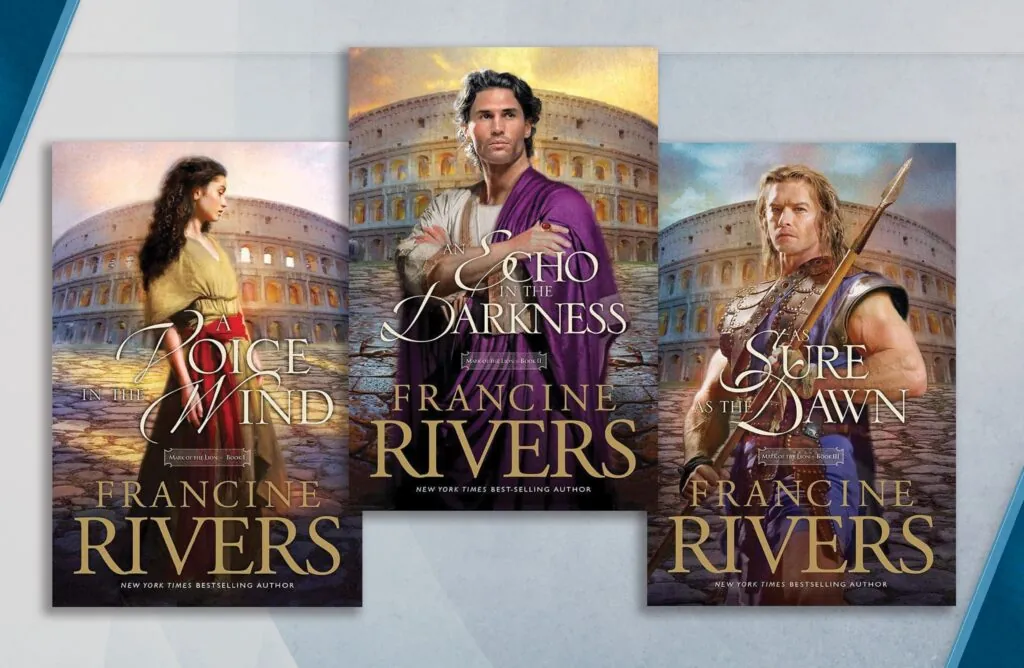
Books on the Way
A Jewish Slave Girl
I came across the Mark of the Lion trilogy by Francine Rivers over a decade ago. A historical fiction set in the time of the fall of Jerusalem in 70 A.D., the story follows a young girl—a Jewish believer in her day—who is captured by the Romans and sold into slavery.
I believe Francine’s intention was to tell a story of a girl who held onto her faith in the Lord despite challenges and juxtaposed her character with others in the story who followed their own desires and paid dearly for it. However, as an Israeli I was struck by how she was able to bring to life the existence of Jewish believers in the first century.
One of the most difficult challenges we face as Jewish believers in Israel is trying to present Yeshua in His Jewish context because when Israelis think of Yeshua, they imagine someone like the Pope. They only learn about Yeshua in the context of 2000 years of the Church’s persecution of Jews. They never hear about Yeshua in the context of the time period when He walked the earth or in the years following when Gentile Christians were overwhelmingly grateful to receive the Gospel message from the Jewish apostles.
While we have translated and published many teaching and discipleship books and Bibles, we felt strongly the Mark of the Lion has a perspective Israelis need. One that could peel away thousands of years of negative filters Israelis have when it comes to accepting the New Testament as a book written by Jews—to the Jew first—and also to the Gentiles.
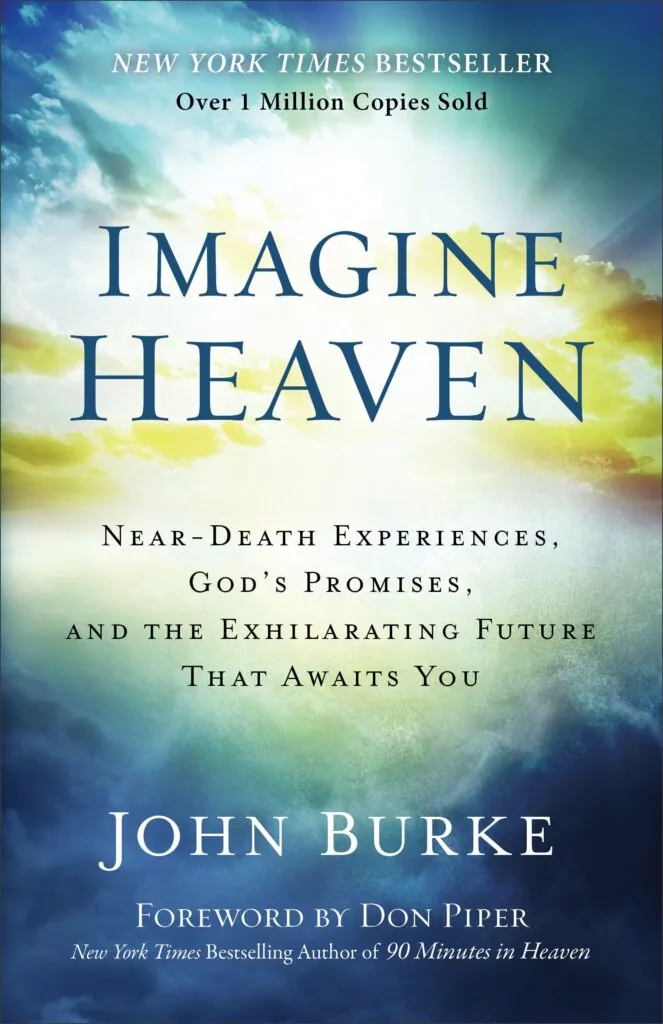
A Hope Within
Rather than explain the importance of this book to you, I will just share what our translator had to say about it. Her experience with the book is one we hope other Israelis will have when we make it available to them.
“When I began translating this book, I had my doubts. Do we really need a book on this topic? How authentic are these stories? It didn’t take long, however, for me to understand how deeply the hope of life after death is imbedded in our hearts—and how rarely we talk about it. As I went through the chapters I began asking myself, “Why are we so afraid of death when the life-after is so full of life and light and joy?”
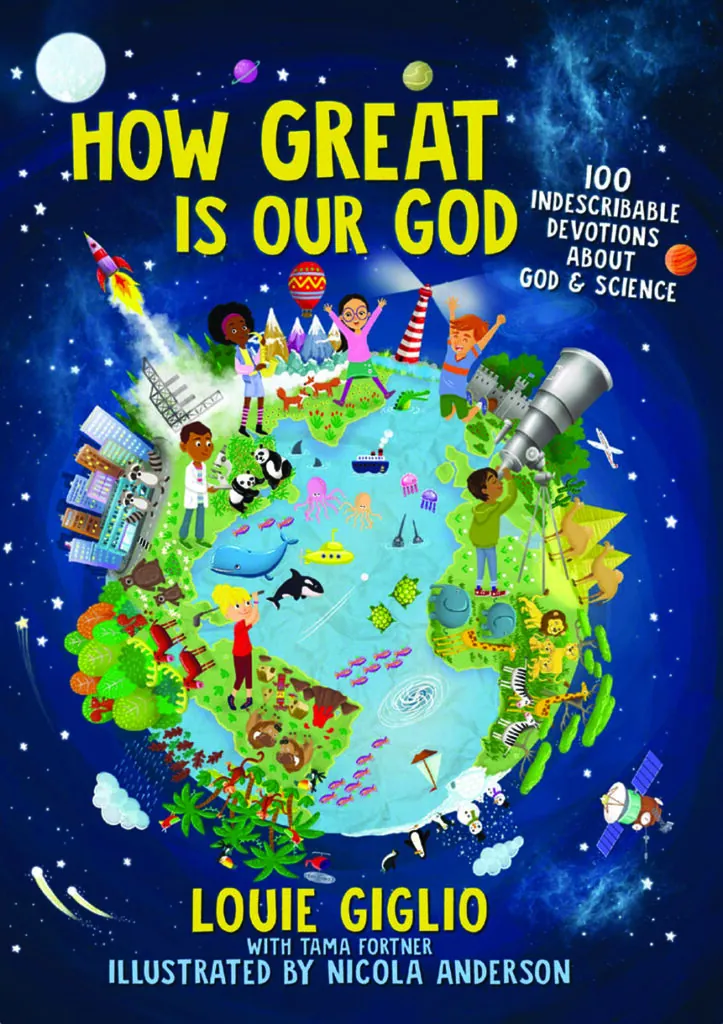
Wow, God!
It’s not uncommon for us to have parents write us—or post a request on Facebook—for recommendations on books in Hebrew for their children. Childhood is a unique time where children develop appetites for different things. The world provides many counterfeits in the realms of magic and fantasy—and of course, evolution. Therefore it is crucial that we have resources to encourage an appetite for the spiritual things of heaven.
How Great is Our God is the second of two children’s devotionals we have been working on (the first book Indescribable was officially released just over a month ago). Both books are a collection of short musings for kids about creation and its Creator. The pages are full of colorful photos and fun facts about God’s creation, but in a very practical way they present God as a fascinating being worth exploring Himself.
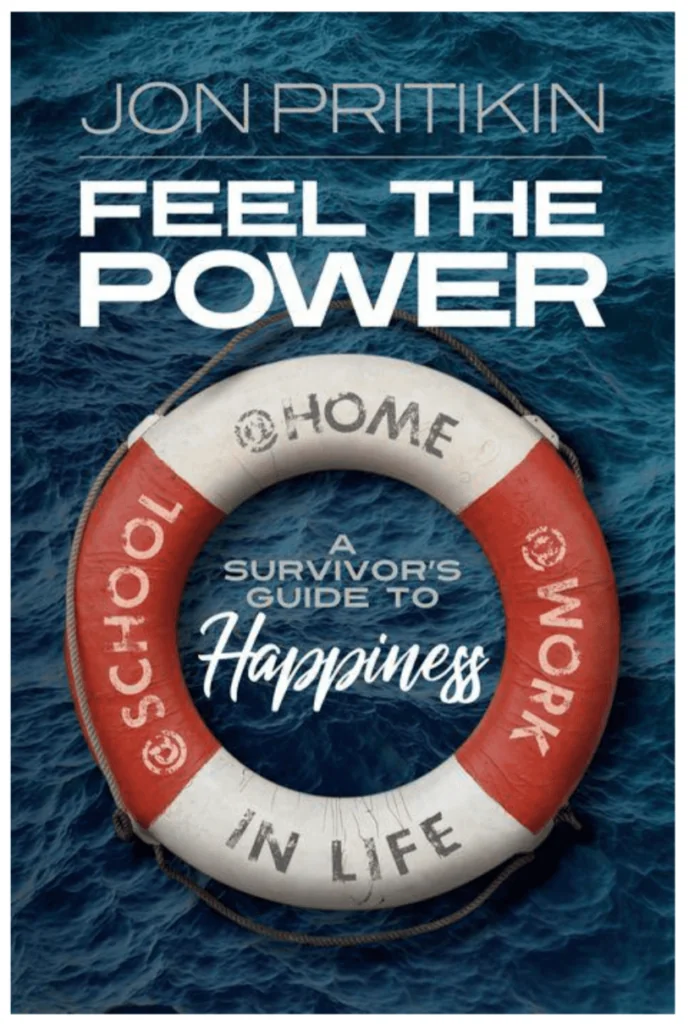
The Ugly Duckling
About six months ago I got a series of texts from my son’s teacher. It was several videos of a big muscular guy speaking to the students at the school, bending pans and overall impressing everyone present. The kids were impressed with his ability to destroy things. The teachers were impressed with his ability to identify bullied kids out of the crowd and highlight them as special in front of everyone. His uncanny ability to do this in different cultures all over the world is nothing short of supernatural. But the open doors he has in places like my son’s public Israeli school is mind-blowing.
It took me a second to realize… “I know this guy!” I wrote her back! “We’re translating his book right now!” “Please let me know when it’s ready,” she responded excitedly. “Every teacher in this school will want a copy of his book as soon as it’s out!” Israelis are so tribal in nature, socially, you’re either in or you’re out. The consequences of this mentality result in severe disconnects within Israeli society and affects both believers and unbelievers. Jon’s message is one that we believe uniquely addresses this issue.
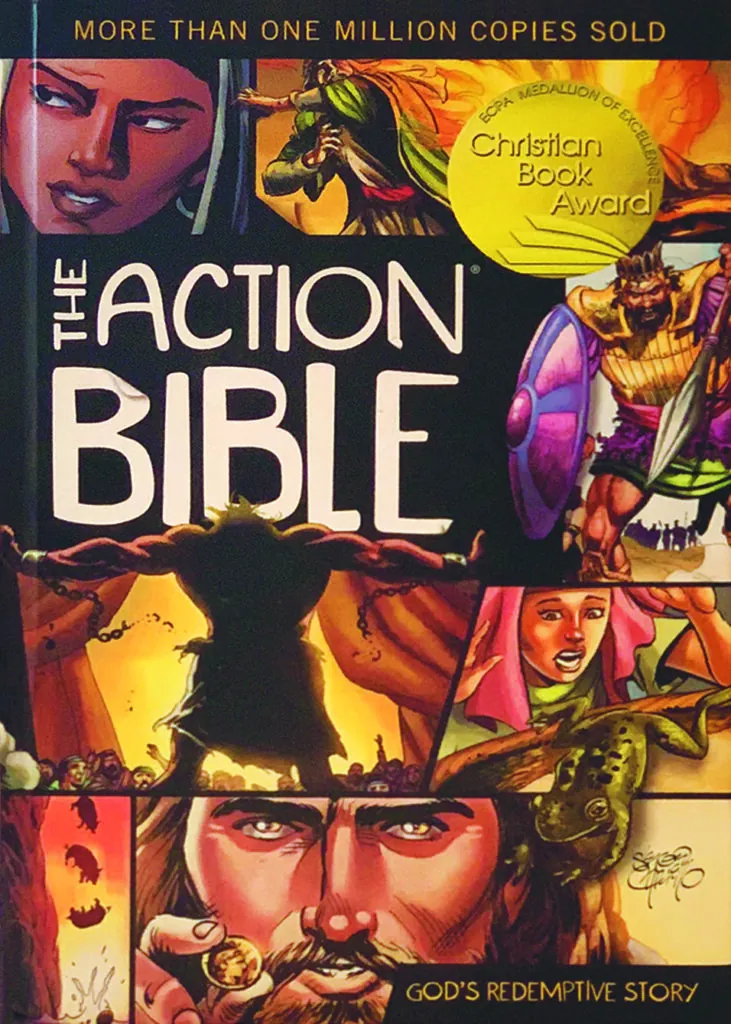
God’s Adventures
Our two boys love to listen to audio books in the evening before bed. Before bedtime we only allow Bible stories, but as they are five years apart they have their own preferred Bibles. Our 6-year-old likes the heartwarming Jesus Storybook (which we have also published in Hebrew!) while our 11-year-old prefers the more intense Action Bible. There is usually some wheeling and dealing between the two as they decide which Bible they will listen to that night. But needless to say, the comic style Action Bible—both the physical book and the audiobook—has been a staple in our family for over a decade and we are beyond excited to make it available to Hebrew-speaking kids in Israel and all over the world.

They aren’t Human Shields, They are Human Sacrifices

Connecting the Dots: Yeshua and the Hebrew Bible

Druze and Jews

The Mysterious Origin of the Druze
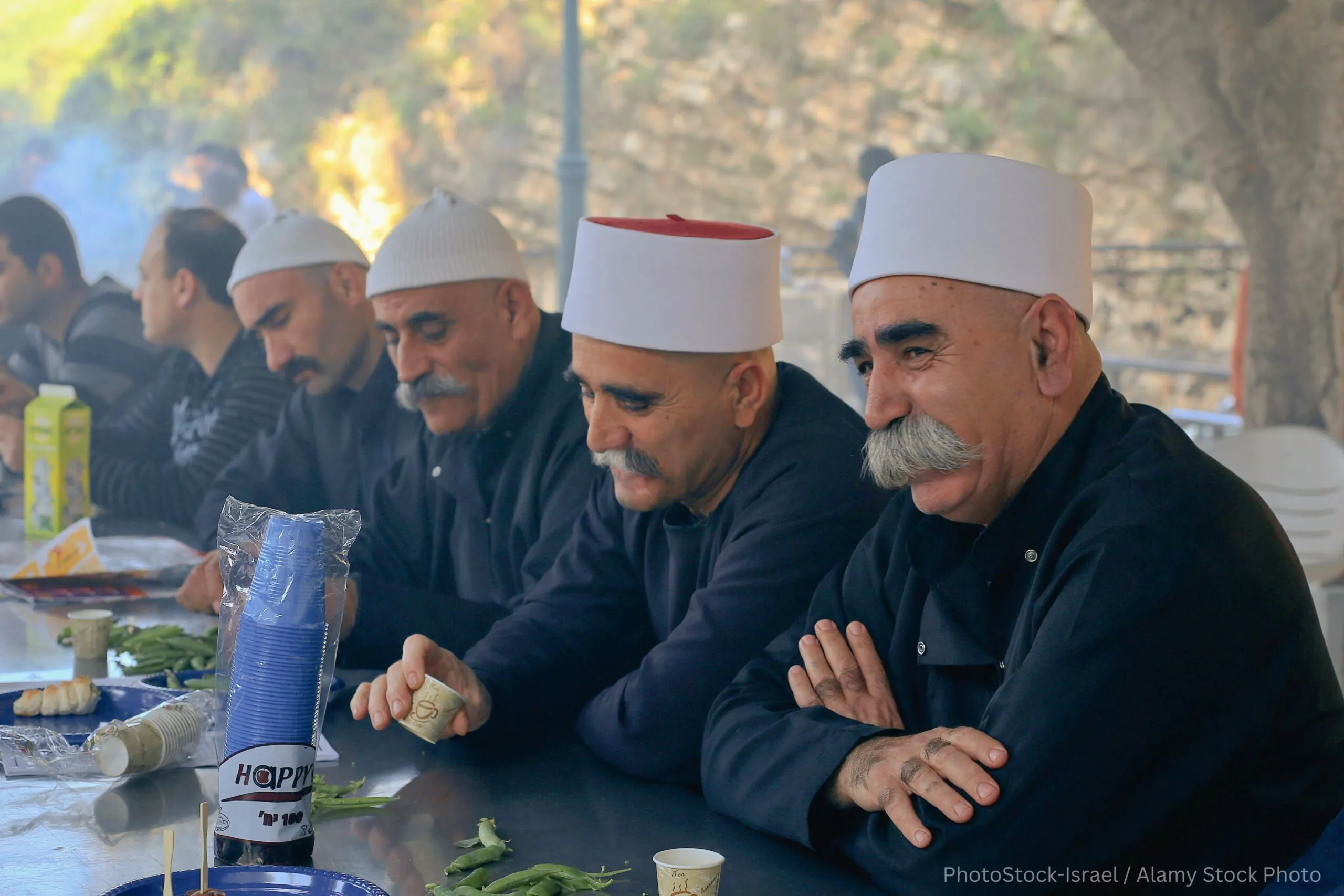
A Druze Family’s Leap of Faith

Making Israel Great Again

Rockets Hit a Home – Twice!
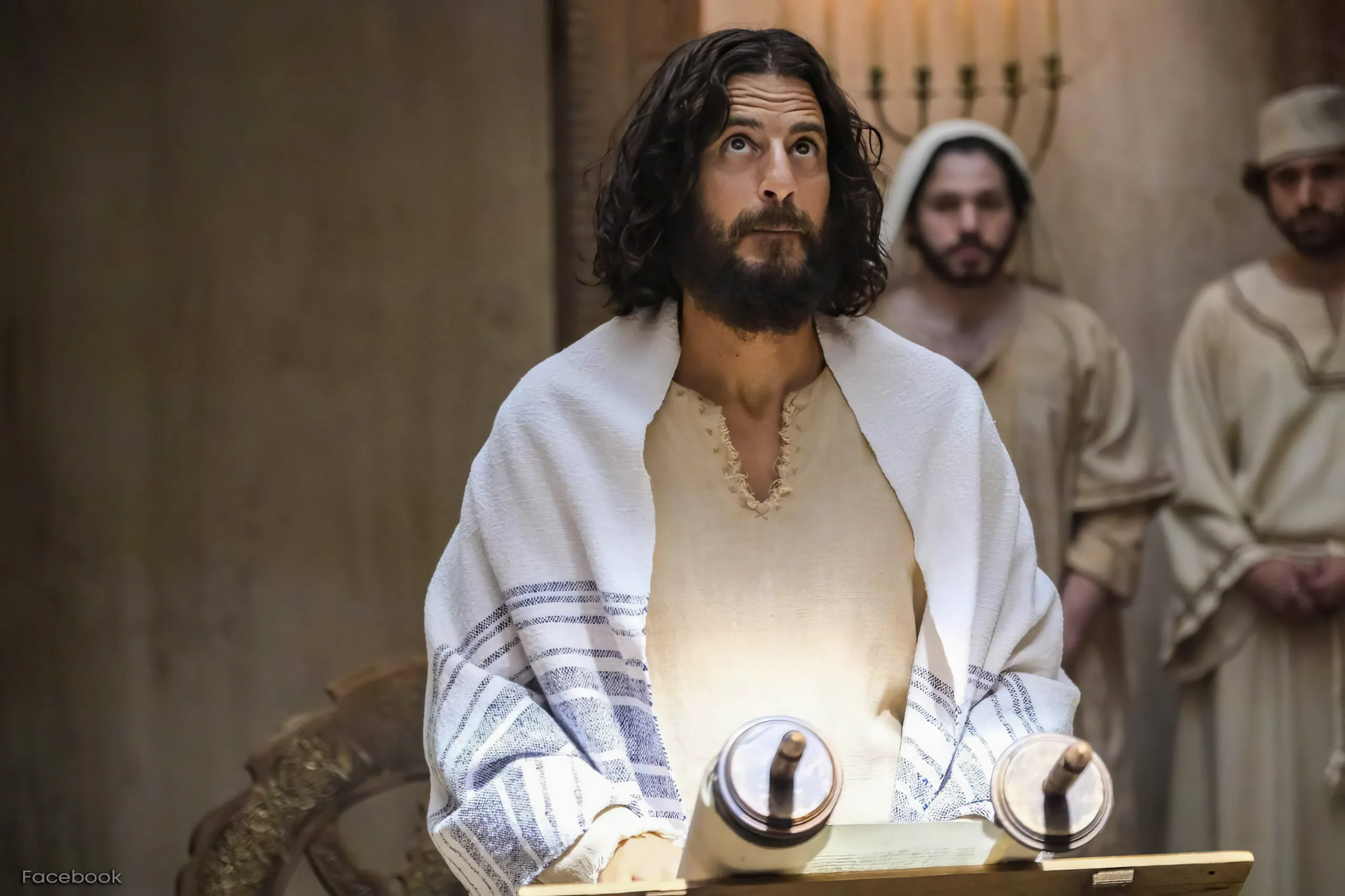
Christianity is a Jewish Covenant
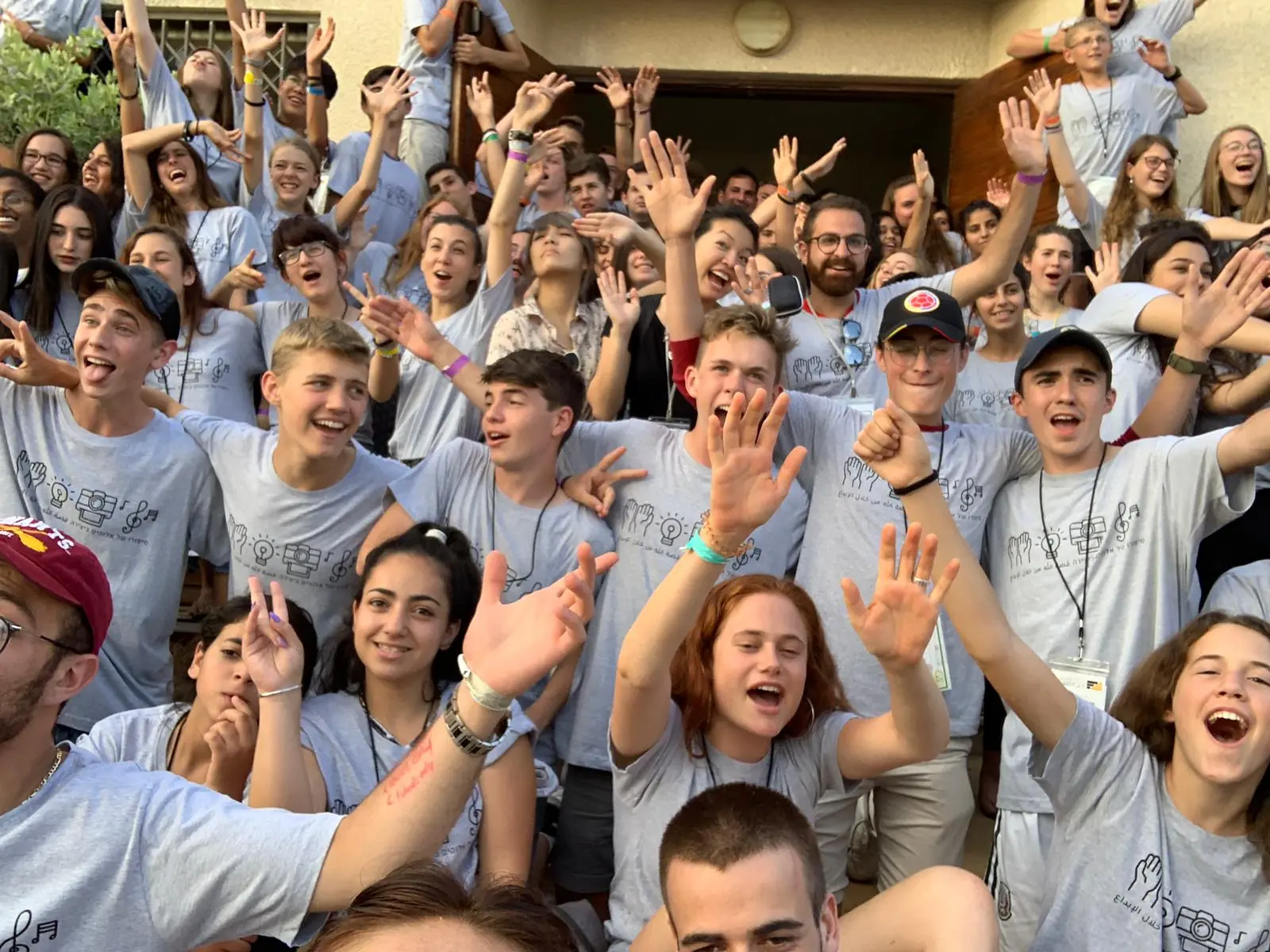
Shared Faith, Shared Future: Arab and Jewish Unity


